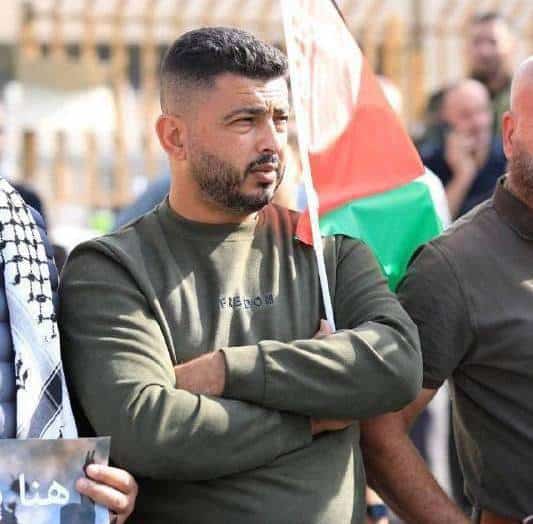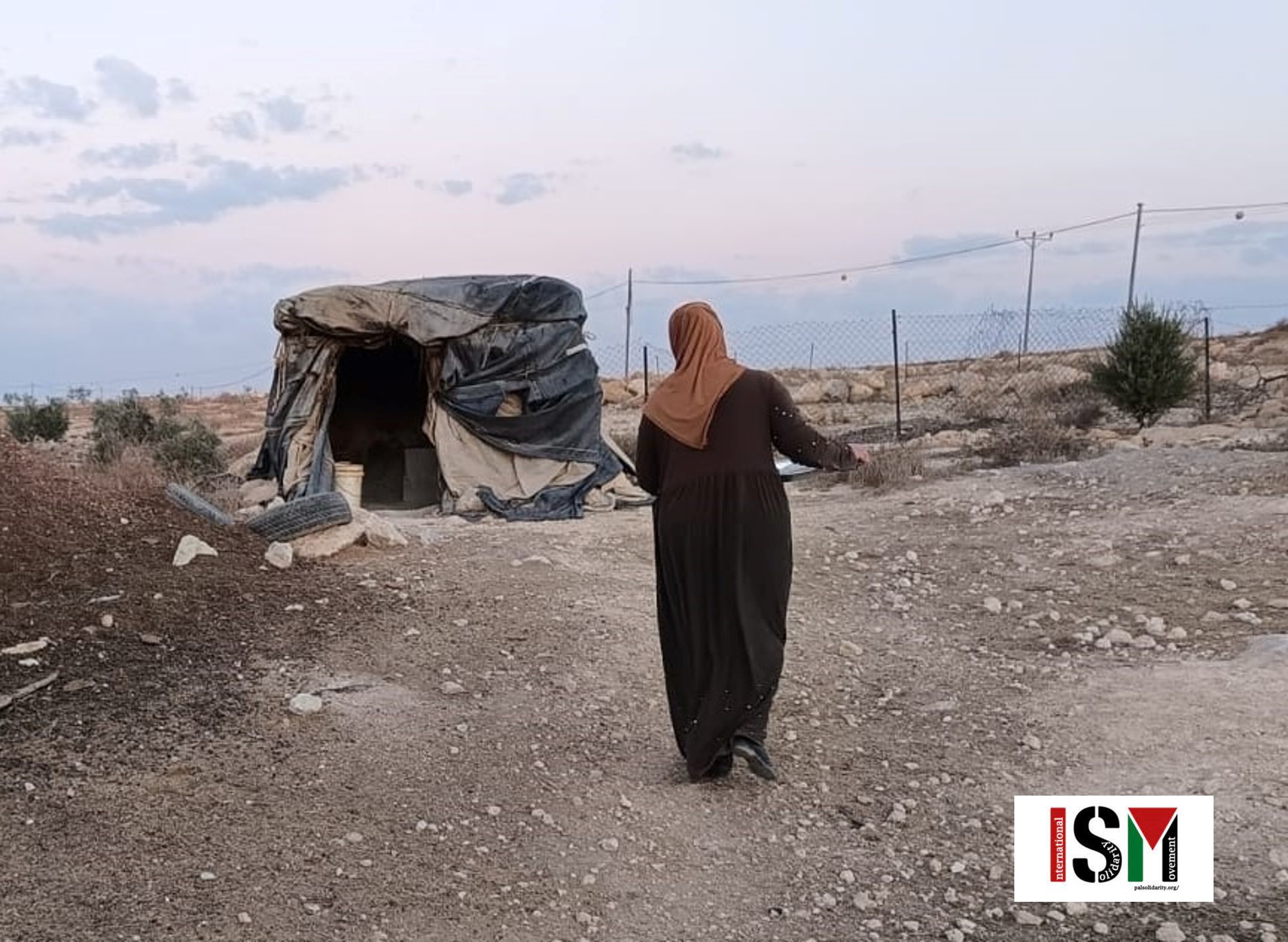Tag: activism
-
Palestinian Activist Ayman Ghrayeb Hospitalized; Facing Administrative Detention
FOR IMMEDIATE RELEASEThursday, November 20, 2025 Ayman Ghrayeb, a prominent Palestinian grassroots activist based in the Jordan Valley, was arrested by Israeli forces on Monday, November 17, and was forcibly disappeared for two days before his lawyers were given any information about his whereabouts. Throughout the first two days of his arrest, both the Israeli…
-
ISM Bristol fund
This money has been raised with collective effort and special thanks to the generosity of squatters, to give some financial support to poor/ working class folks from Bristol and surrounding areas who would like to work with ISM on the ground in Palestine. This money was raised to fund individuals whose experience will benefit the…
-
Call to action: Save Wadi Tiran, Occupied West Bank.
13 November, 2023, Wadi Tiran in the occupied West Bank, Palestine The village of Wadi Tiran was given a 24 hour warning, “leave or we kill everyone”. Residents, along with a handful of international and Israeli human rights defenders, are gathered in a large tent awaiting their fate. The Israeli police were called but they…


